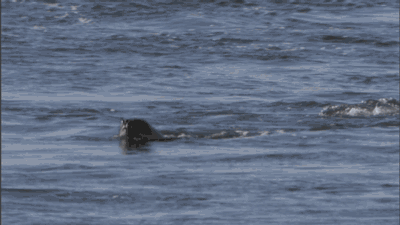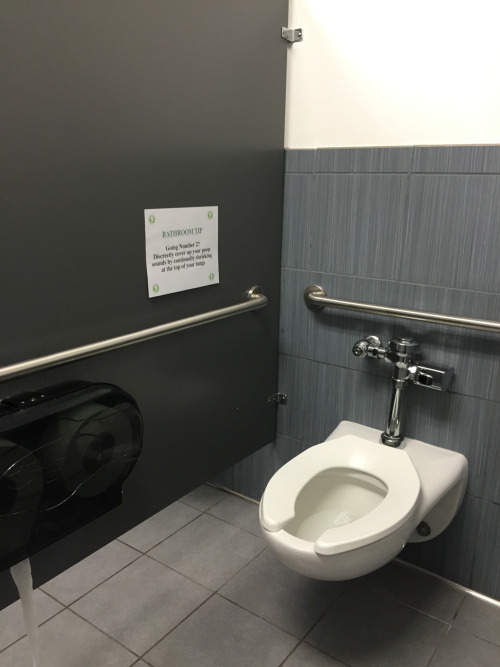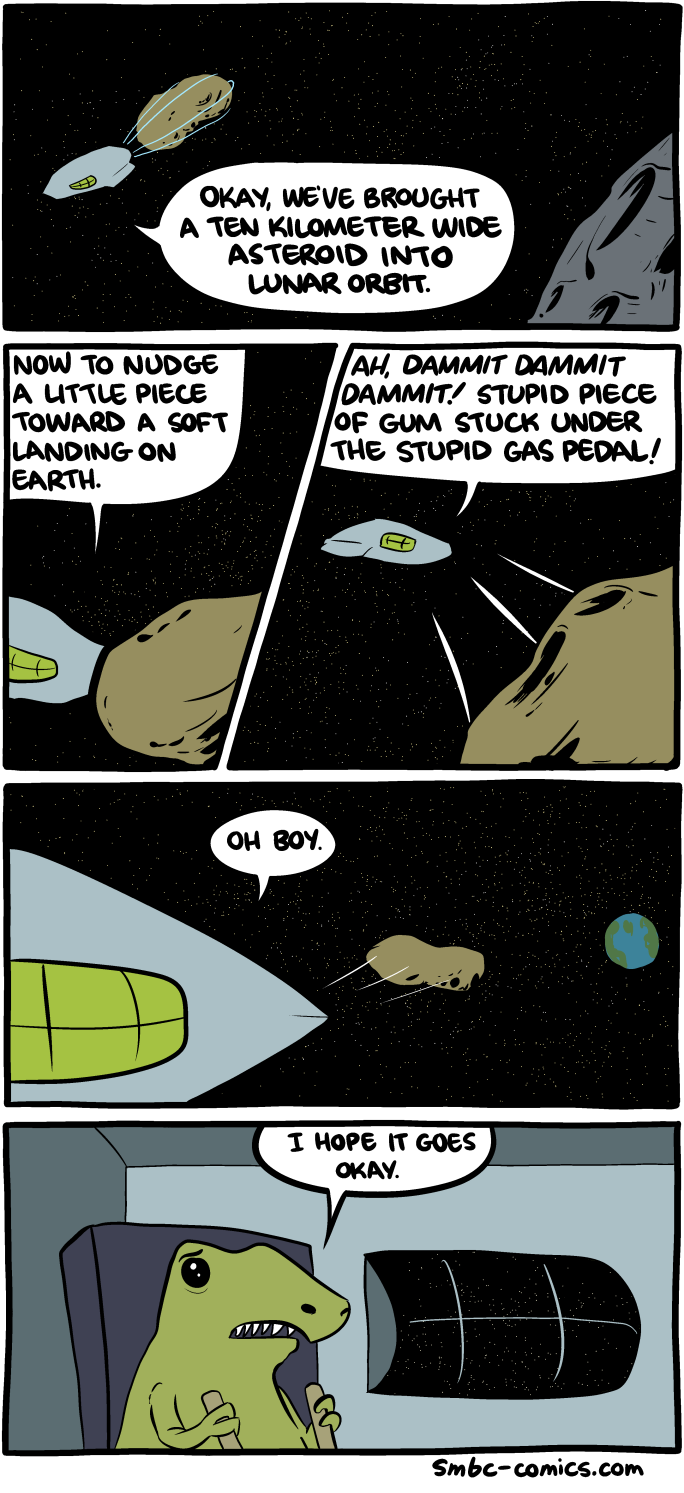Here's a final shot from the Upper McKenzie drainage, for now, another from "Lost Springs," as I informally named it in the previous post. The best story that Anne told us about her dissertation work up here was that in the first few years of the 2000s, someone had done a project similar to hers, working out the volumes and characterizing springs forming the headwaters of the Metolius River in central Oregon. One aspect of that work was comparing the annual rate/volume of water flow, from the springs, out of the presumed hydrological basin, extending from those springs to the Cascade crest, to the modeled annual volume of water equivalent precipitation. When all was said and done, the conclusion was that there was an excess of spring flow amounting to 12 cubic meters per second! In other words, 12 cubic meters (~424 cubic feet, a bit short of 3200 gallons) of water per second more than could be explained by precipitation was flowing out of the east side springs. Needless to say, over the course of a year, some 31.5 million seconds, that's quite a bit of water.
Now I don't know how that scientist, or the committee, reacted to that result. I would have been frantically puzzled, wondering where I'd messed up, or where the incorrect assumption(s) was/were, or whether the precipitation model was anything approaching realistic. I would have not been a happy camper, because that really is an awful lot of unexplained water.
Then Anne did her dissertation work in the latter part of the same decade, and did a similar estimate of precipitation input versus spring output. The result? The west side springs appeared to have a 12 cubic meters per second deficit with respect to the amount of water equivalent precipitation it receives.
Those balancing numbers delight me. What it suggests is that the Cascade hydrological divide in the central portion of Oregon is, at least in some areas, well to the west of the topographic divide. Given the extensive covering of this portion of the High Cascades by young lava flows, cinder cones, and other tephra, that's certainly plausible. And I'm not going to fault the east side for hijacking "our" water. They need it much more than we do.
Photo unmodified. October 9, 2014. FlashEarth location.
Is This Your Hat?
11 years ago


























































